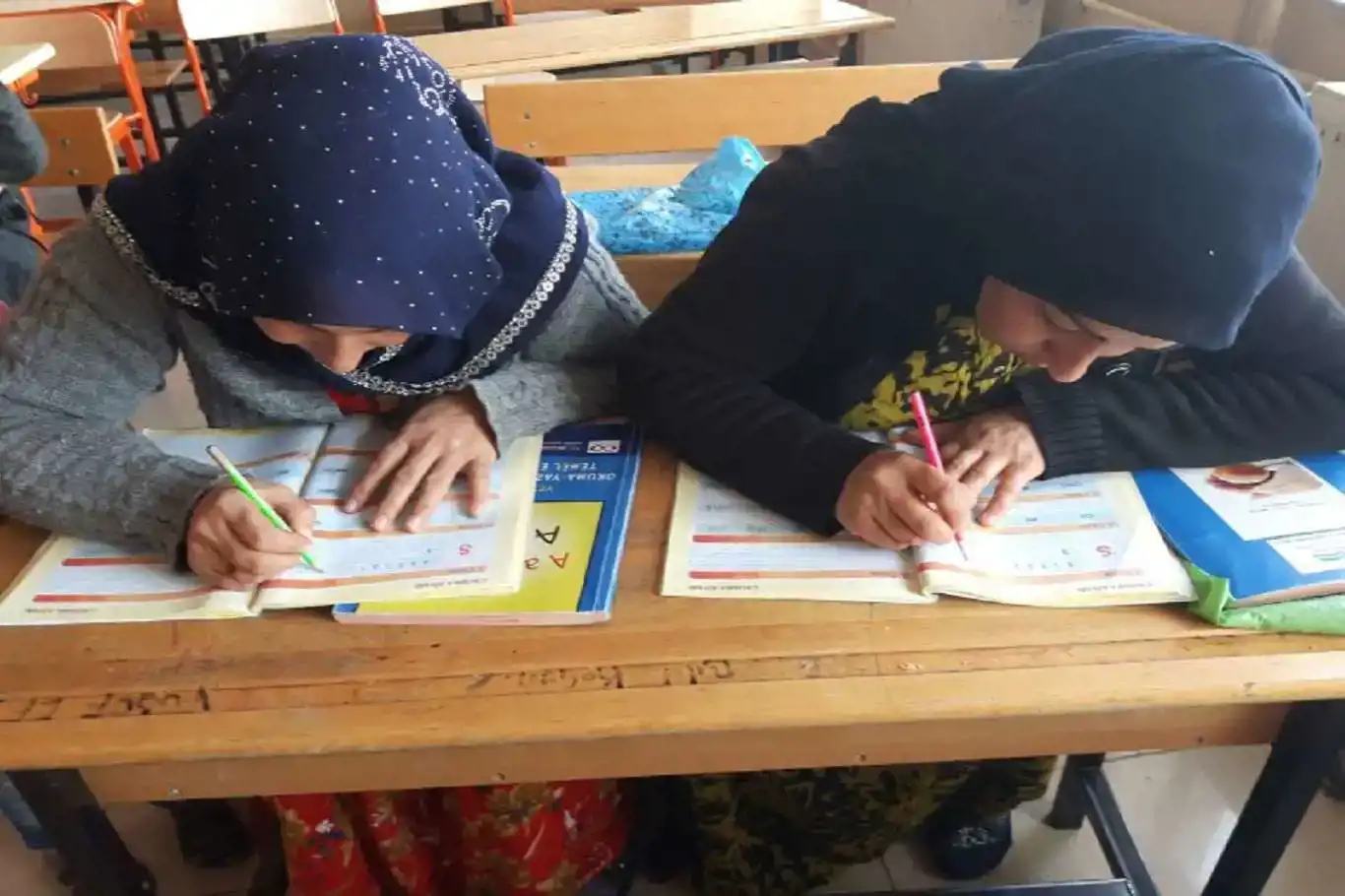763 million adults still illiterate, says UNESCO


The United Nations Educational, Scientific and Cultural Organization (UNESCO) has revealed that despite global progress in education, a staggering 763 million adults continue to face challenges in reading and writing.
"Literacy is a catalyst for sustainable development, facilitating increased participation in the labor market, enhancing child and family well-being, reducing poverty, and expanding life opportunities," UNESCO emphasized.
According to UNESCO's latest data, the number of illiterate individuals has declined slightly from 771 million last year to 763 million this year. However, it remains a significant global issue.
Alarming statistics indicate that at least one out of every seven young people and adults aged 15 and over worldwide lacks fundamental literacy skills.
The region most affected by this challenge is South Asia, which is home to nearly half of the world's illiterate population. Sub-Saharan Africa follows closely behind with 27 percent of the global illiteracy burden.
Notably, UNESCO's data reveals that approximately 65 percent of those lacking basic literacy skills are women. This gender disparity underscores the need for targeted efforts to address this issue and promote gender equality in education.
The UNESCO report underscores the critical importance of continuing global efforts to promote literacy and education to improve the lives of millions of people and contribute to sustainable development. (ILKHA)
LEGAL WARNING: All rights of the published news, photos and videos are reserved by İlke Haber Ajansı Basın Yayın San. Trade A.Ş. Under no circumstances can all or part of the news, photos and videos be used without a written contract or subscription.
Türkiye’s flagship Data Analysis School, launched as part of the country’s broader digital transformation strategy, has earned international recognition after achieving unprecedented levels of engagement and participation.
The Palestinian Ministry of Education and Higher Education has announced that the number of students martyred by Israeli occupation forces in Gaza and the West Bank since the beginning of the aggression on October 7, 2023, has risen to a staggering 20,058, marking one of the darkest chapters in the history of Palestinian education.
A new summer school has been launched by the Hope Caravan Foundation in Van, eastern Türkiye, offering children a blend of Islamic education and recreational activities during the holiday period.
The Nangarhar Department of Labor and Social Affairs, in collaboration with the international NGO ACTED, has successfully rescued 450 children from the streets of Jalalabad, enrolling them in formal education.